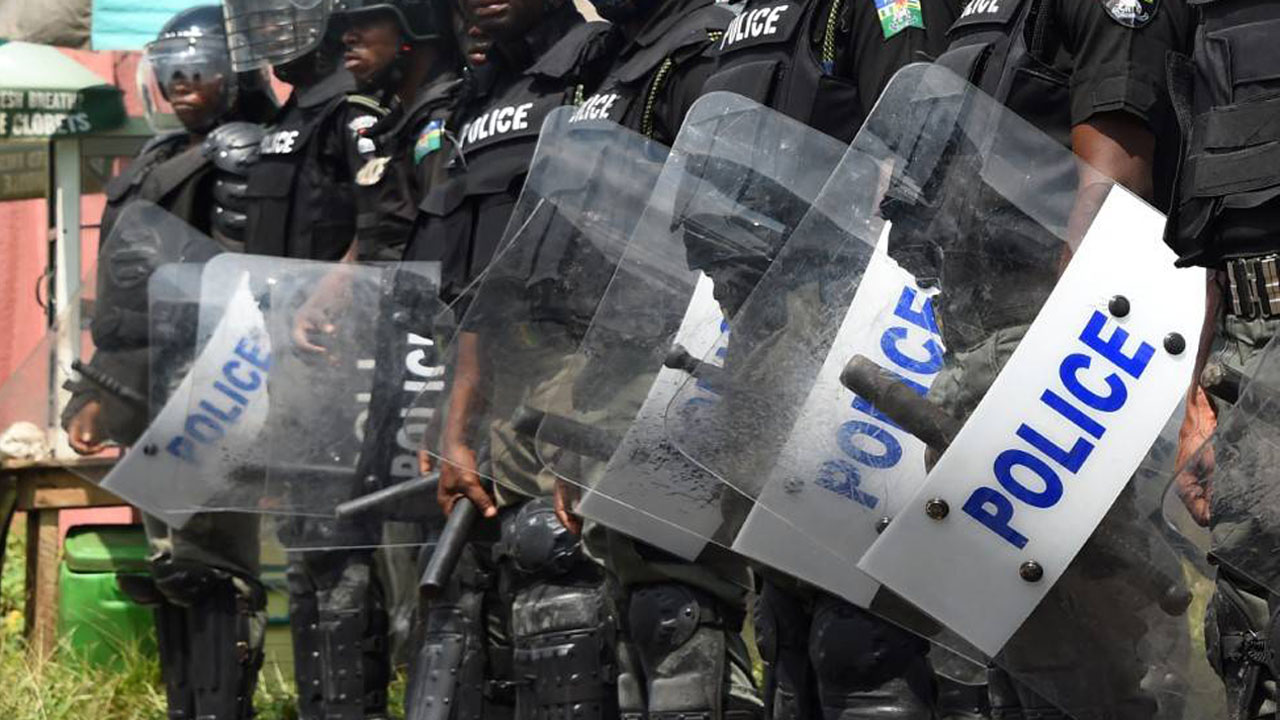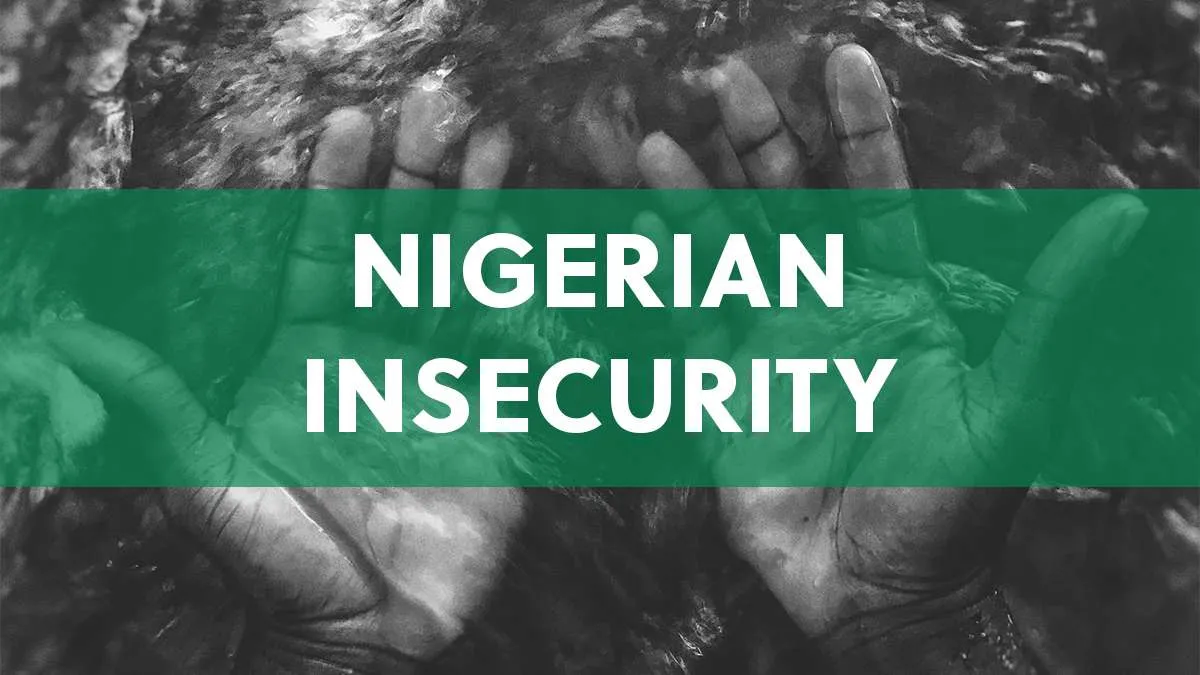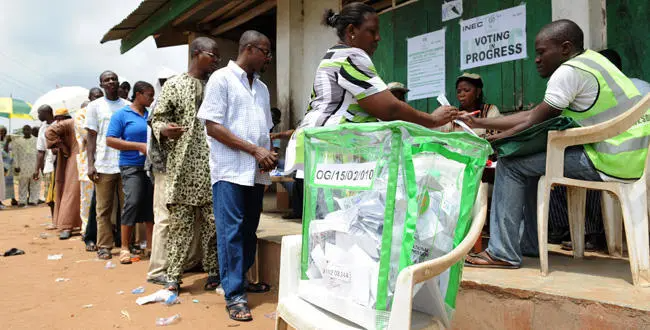
The boundary conflict between Isu and neighbouring communities, including the Utuma, Ito, Umoh clans, and Mbiabong Ukwa, has caused a severe crisis in the Abia/Cross beachline areas and surrounding neighbourhoods. This ongoing dispute has led to the killing of several people, the destruction of properties, and the extermination of many communities and villages of Isu.
Historically, Isu Kingdom and its neighbouring communities shared close relationships, marked by intermarriage, joint farming, and cultural practices such as the Ekpe confraternity. Despite occasional disagreements, these communities coexisted peacefully for many years. However, tensions have escalated since the late 1980s, with Ito, Utuma, Ukwa, and some Umoh villages teaming up against Isu and other communities of Ututu and Ihechiowa. Isu also has boundaries with some communities of Ututu and speaks exactly the same language.
While many believe that the discovery of limestone deposits in the region is the primary cause of the conflict, it is only part of the issue. The ambiguity of state boundaries and disagreements over ancient boundaries, which are not clearly considered and defined by modern civilisation, is largely responsible for the ongoing dispute. These lands, inhabited for over 500 years, hold the memories and legacies of our forefathers, and like our bloodline ought to be preserved.
This report provide an account of the occupation and crisis along the Abia-Cross River beachline emphasising the urgent need for necessary intervention for peace and harmony, and above all, take the displaced back to their ancestral homes. State boundaries and delineation are necessary but beyond the communities, clans and villages to handle. History will not be kind with the continued delay of both the federal and state governments to intervene on the issue and ensure that the affected clans, villages and communities return back to peaceful and harmonious coexistence.
A brief history of the attacks on Isu Kingdom
Isu Kingdom consisting of various ancestral homes including autonomous communities and villages such as Iheosu/Obimba (near the beach), Aba, Amachi, Obieze, Amakarama, Obomime, Amukabi, Ugbu, Ewe, Alioso, and Obouga, are bordered by the people of Ukwa, Idera, Utuma and Ito – clans from Cross River State that are across the Rivers: Biase and Odukpani, and also by Ututu in Abia State. Isu is the last Abia State community in that axis. These communities share ancient boundaries with Isu in their farmland, delineated by their forefathers using a life stick called “Odu” in the Igbo language.
They have interacted, related well, assimilated, and associated for generations. Despite these natural divisions marked by ancestral landmarks, the Isu people have long suffered from violent attacks by their Cross River communities neigbhours, leading to the displacement of Ugbu, Ewe, Nkuma Ocha, Ofia Atu, Ali Oso, Obo Ugha, etc.
Some of the ancestral landmarks of Isu along the beachlines include Aliocha Beach, Okore Udo Beach, Nkuma Ocha, and Iheosu Beach, also known as Osu-Ukpai (named after a rich merchant who lived on that beach.)
This information aligns with the article dated May 21, 2024, by Asare Asare titled “UNICAL Lecturer Raises Alarm Over Alleged Genocide in Cross River Community,” published by Daily Post. In the article, Prof. Ndem Ayara Ndiyo alluded that the beach is the Isu boundary. Up until the Nigerian Civil War, Utuma showed allegiance to Isu by paying homage to them. They paid taxes and rates through Isu and obtained justice from Arochukwu customary courts.
The Cross River neighbours have continuously invaded and attacked the indigenous Isu people in their ancestral homes. In 1973, people suspected to be Utuma’s kidnapped and killed Mr. Ile Chie and subsequently Oko Chie Sr. On February 21, 1981, the Onun of Umon, Onu I. E. Igaja assembled all the traditional rulers from Umon Clan, and expelled the Igbo fishermen living along both banks of the Cross Rivers, Isu to Ikot Ana and those of Iheosu Beach.
Notably, was the attack on January 4, 1989, when the Umoh clan from Biase LGA encamped Iheosu-Isu, resulting in significant loss of life and property. On the same day, an alleged attack from Utuma to Umon West Biase LGA attacked Aba-Isu, leading to more casualties.
Again, in 1995, it was alleged the Ito people of Odukpani LGA launched three separate coordinated attacks on Amachi-Isu on April 2, April 4, and April 22, which resulted in the killing of Chief Nwaezi, the village head of Amachi village, and several others. During this period, the renowned Afia Nkwo market and the Amachi Primary School were destroyed and remain non-operational to this day.
The conflict escalated to a critical point on April 18, 2018, when some people believed to be youth from Utuma attacked Iheosu and Ike-Isu autonomous community youth at Iheosu Junction, blocking the road until police intervention from Arochukwu LGA and Biase LGA temporarily resolved the issue. However, the violence escalated on April 20, 2018 when armed men suspected to be Utuma indigenes besieged Aba-Isu early in the morning.
This was followed by coordinated attacks from Umon, Mbiabong Ukwa, and Utuma on Iheosu on April 21, occurring twice at 7:45 a.m. and 2:05 p.m., and another devastating attack on May 16 at 6:00 a.m. that effectively decimated Iheosu (Obimba) community. The attackers burned down critical infrastructure, including St. Gabriel’s Catholic Church, the Presbyterian Church, the king’s palace, a nearly completed water project attracted by Sen. Orji Uzor Kalu when he was the state governor, a primary school, and a government healthcare center. Currently, the invaders utilise the community’s farms and fishponds.
The path to self-defense and existence is usually arduous and twisted. I must admit that there would be casualties also from the Cross River neighbours in the Isu people trying to defend themselves. One example occurred in 2018 when the Aba-Isu people, attempting to return to their ancestral homes, clashed with Utuma people. The incidence extended to the destruction of the Utuma ultramodern market, and the halting of the Utuma electrification project.
Background (2012-2018):
Tensions escalated as Utuma youth encroached upon Iheosu lands, leading to unrest. Respected figures like the late Chief Mbah Otu and HRH Onun Bassey E. Asiba attempted to maintain stability. In January 2018: Utuma youth seized wood-cutting machines and motorcycles from Aba-Isu residents. Despite efforts by Aba-Isu elders to engage in peaceful dialogue, valid reasons for the aggression remained elusive. On March 3, 2018: Utuma people trespassed on Isu farms, showing indifference to communication attempts. Mr. Obo from Utuma led an invasion of Isu land, prompting intervention by the Umunna-Ato Peace Committee.
Despite these attacks by Utuma, and killing one of the military officers that came for peace keeping, the Isu people have not initiated attacks on their neighbors which is evident in the fact that no village from their neighborhood is displaced or affected.
The conflict persisted, with series of attacks on the following; December 14, 2018: Isu fishermen were attacked. May 10, 2019: Thirteen people went missing, including a child. March 3, 2020: Over 15 people disappeared from the farm. February 3, 2021: A fishing expedition resulted in injuries and deaths. February 18, 2021: Mbiabong Ukwa, Utuma, and Ito jointly attacked Isu. March 6, 2023: Amukabi suffered casualties. May 10, 2024: Obieze witnessed violence, and Mrs. Alebe Kalu Elem was killed among others.
The claim by many particularly politicians from Ufanafun/Oruk Anam that the Isu community from Okpo Ihechiowa attacked their village is clearly not true and misleading, no such incident happened in the community. The people suffering from attacks are the Isu people hence Hon. Uko Nkole, Sen. Mao Ohuabunwa, Hon. Ibe Osonwa, and Hon. Chief Dr. Emil Inyang raised the issue of the incessant attacks on Isu people and advocated for peace among the peoples of the beachline areas.
Efforts to restore peace
Traditional Rulers’ Initiatives: The Umunna Ato alliance, comprising three kinsmen from different communities, laid the groundwork for peace. This evolved into the ABOO (Arochukwu, Biase, Odukpani, and Ohafia) association, uniting traditional rulers and elders from Isu, Ututu, Aro, Ihechiowa, Ohafia, Utuma, Idera, and Ukwa. The ABOO objectives emphasise sustained inter-communal understanding and dispute prevention. However, Utuma and Ukwa continued the attacks on Isu, Ututu and others have escalated tensions in the area, undermining the peace efforts.
Government Interventions: Legislative efforts at both state and federal levels have requested for urgent government intervention including the National Boundary Commission recognition and proper delineation of these homelands, and sitting of a military post in the area.
I make the following conclusions and call for action:
That both Governors of Abia and Cross River States can easily sit over breakfast and agree to stop the decimation of their people.The Governors can empower the Local Government Area (LGA) Mayors or Chairmen to support the ABOO initiative. This initiative will not only provide a sense of purpose but also instill discipline execution of whatever agreement that is reached as they are closer to the locals and can effectively deal with perpetrators.
The Federal Government should quickly implement the recommendations of the various national assembly members from both states who have presented this issue on the floors of the Senate and House of Representatives since 2018 including Hon. Ukoh Nkole representing Ohafia/Arochukwu, and Sen. Ohuabunwa representing Abia North, and later Sen. Orji Uzor Kalu. Also recently are presentations of Hon. Okwara (representing same Ohafia/Arochukwu) and Hon. Chief Dr. Inyang representing Akamkpa and Biase at Federal House.
Further to the presentations at the National Assembly, the Distinguished Senators and Honourable Members are expected to follow up with the rest of the National Assembly processes and Executive for implementation its recommendation. Otherwise, the people will continue to wonder and despair about what the whole point is in the first place.






